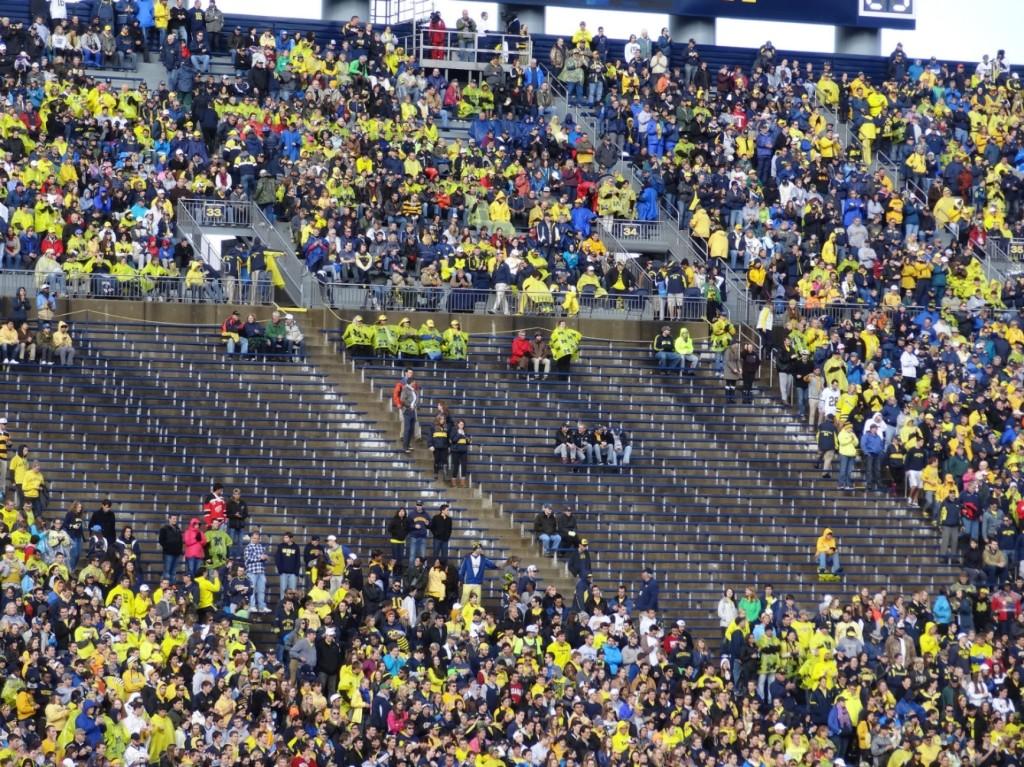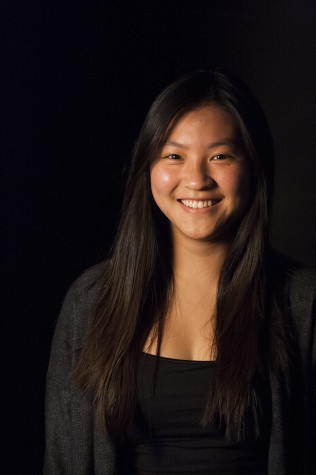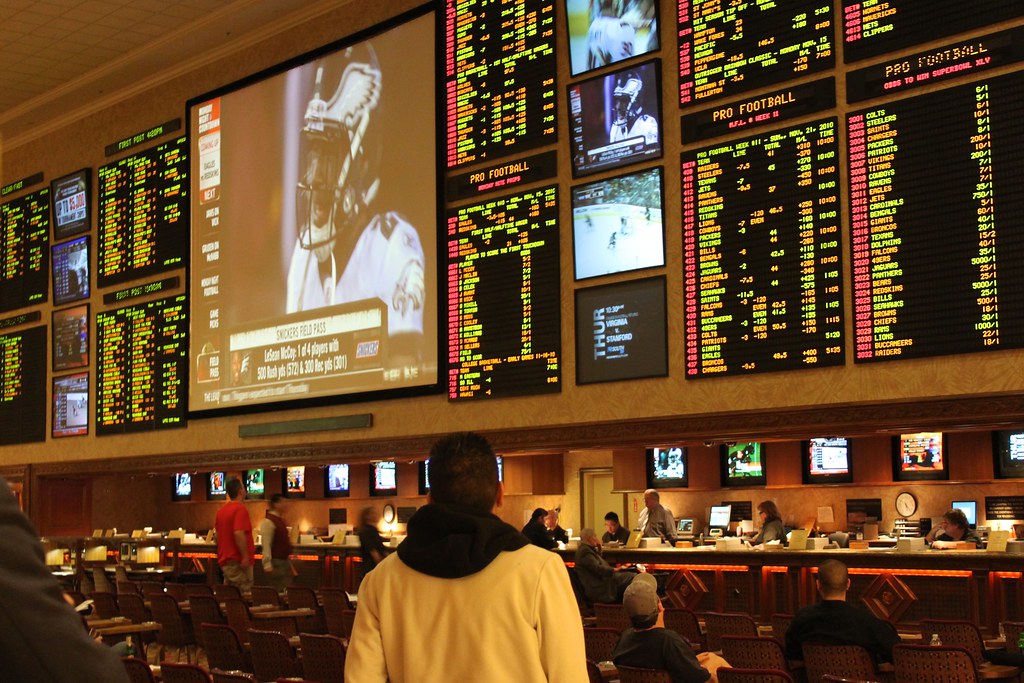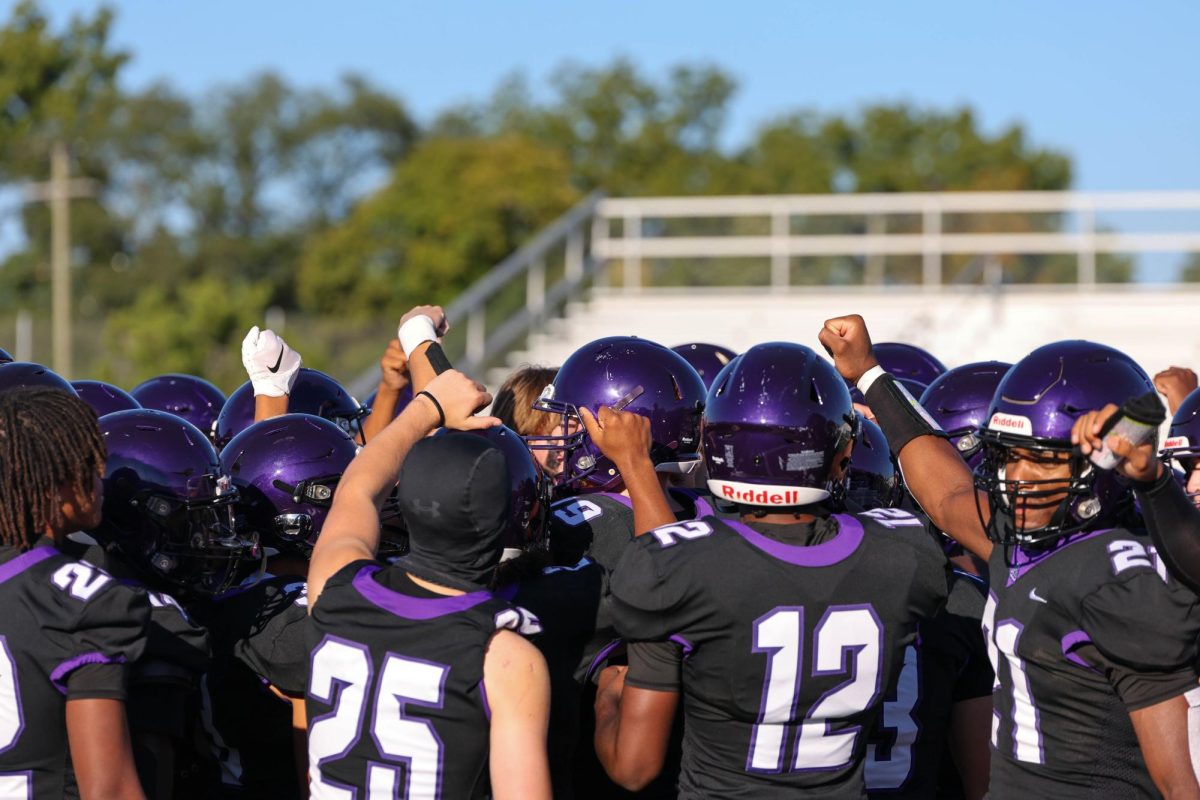New Student Seating Policy at The Big House
October 20, 2013
Football Saturdays, pep rallies, tailgates, marching band, maize and blue, cheers, and Wolverine traditions are all things students experience when they attend the University of Michigan. With the third largest football stadium in the world and the biggest in the United States, ‘The Big House”, a nickname for Michigan Stadium, holds some of the more memorable games and some of the best memories for students, faculty, staff, and alumni alike. For many years, students have bought game tickets for a discounted price and had assigned seating, but recently the once assigned seating is now first come first served.
Before the 2013 football season, students were seated based on how many credit hours they had earned; the more credits they had, the better seats they got, which meant seniors in the front, freshmen in the back. At the beginning of this year’s football season, the University Athletic Department decided to both raise the student ticket prices for each game and switch to general admissions to encourage students to show up before kickoff. For students, this means if they want seats in the front row they have to show up, line up, and wait for several hours beforehand, depending on the game. With such a drastic change it is no surprise that some students are not happy with this new policy.
Recently the Central Student Government at the University of Michigan sent out a survey to every student currently enrolled at the University asking their opinion about the new seating policy. Michael Proppe, this year’s student body president at Michigan, sent out the survey through email on Oct. 8 and left it open for a little over 24 hours. Over 7,000 students started the survey and 5,892 completed it. “It has to be the most well responded email in the history of the University of Michigan,” said Proppe. He said that on Friday Oct. 11 they were to meet with the Senate Advisory Committee of University Affairs (SACUA). The chair of one of the committees in SACUA, the Student Relations Advisory Committee, invited Proppe along with a few others to speak to both the committee and athletics about the students concerns and reactions to this new policy.
“Seventy six percent said they’re not supportive of the policy after four home games,” said Proppe, “they didn’t like the waiting in line before in order to get a good seat. A lot of people were upset that they weren’t grandfathered in, so that upperclassman would still have their assigned seats and have general admission in the back.” One of the goals for this switch was to improve the student environment in the student sections during the game, yet after the surveys came back the results showed that many of the students think that this switch did not improve the environment. “54% said that they are no longer surrounded by students with similar class standing. So that’s where we saw the graduate students don’t really like sitting next to freshmen…,” Proppe said.
With this new policy, students line up before kickoff and as soon as the gates open students rush to get the best seat they can and for some of the better games students will push and shove others to do that. “That’s obviously a huge concern anytime you have students feeling like their unsafe you’ve got to change something about that,” Proppe said. He said that before the Notre Dame game on Sept. 7 when they opened the gates students were hurrying and pushing trying to get to the good seats, “People said ‘I thought I was going to break a rib’, so they’ve changed that since the Notre Dame game so hopefully that never happens again,” Proppe said.
However, the results showed that there were some students who did like the policy because it gave them the flexibility to sit with their friends that they didn’t have before. One third of people said that they are able to get better seats with this new policy than with the old one and about 73% of students who took the survey also like the flexibility with being able to choose where they got to sit.
As an upperclassman and student himself, Proppe said he didn’t like that he wasn’t able to show up to the games right as kickoff started and as a senior this year he would have had seats very close to the field, but with this policy change he now has to wait in line with everybody else, “I really don’t like that I as a senior would have had great seat and now don’t have those.” He also didn’t like that once you’re in the stadium it is very hard to find friends with the huge crowd and poor cell phone reception, but he did like that he could sit with his friends, “I like that it’s just kinda whoever I’m with at a tailgate.”
Tina Rowan, a senior at the University of Michigan, says that she prefers the old seating policy than the new one, “I think the change was unfair to UM students, especially upperclassmen who have been waiting for years to get the best seats in the Big House.” With the agreement of 81% of those who took the survey, Rowan also likes that the policy allows more flexibility in who she can sit with. On the other hand like Proppe, Rowan also dislikes that if they want to sit with their friends they have to enter the stadium together or they will have a troublesome time trying to find them later and that in order to get good seats they have to wait in line hours before a game.
Just like Rowan and Proppe, Nicole Chen, also a senior the University, dislikes some of the factors changed by the new policy. “I think Michigan football traditions are too strong and that assigning tickets by seniority was something to look forward to during your 4 years at Michigan,” Chen said. She also said that with both the change to general admission and ticket prices raised, she felt less inclined to buy season tickets for this year. Chen also commented on the social aspect of this new policy, reiterating the problem of finding friends once in the stadium. In addition Chen said that she thinks this policy didn’t change much, “from what I have heard and seen, students tend to still arrive at the stadium just before or after kickoff, because they either have stopped caring,” said Chen, ”I also think the old seating policy created a stronger loyalty to the football team, as students continued to buy tickets with the promise of better seats each year.”
On Oct. 15 Proppe and a few other students presented the survey results to the committee and athletics. Proppe said that many of the concerns that were presented have already been observed by the Athletics Department, such as student safety, a good student environment at the games, and some of the students’ oppositions to the new policy. The survey results also brought some new concerns to the table that will help the CSG and athletics redesign the policy for the future, “The old policy wasn’t working, people weren’t getting to the games on time, the new policy isn’t working, students are upset with it and people still aren’t getting to the games,” said Proppe.
At the end of the year Proppe plans on sending out another survey jointly made by the CSG and athletics to assess how well the policy worked throughout the season. In December, the CSG plans on discussing what the new policy needs to look like next year with athletics. “We need to come up with something that’s going to work for everyone, where students are happy, gets people to the games on time, and will improve the experience on Saturday for everyone who is involved,” Proppe said.











